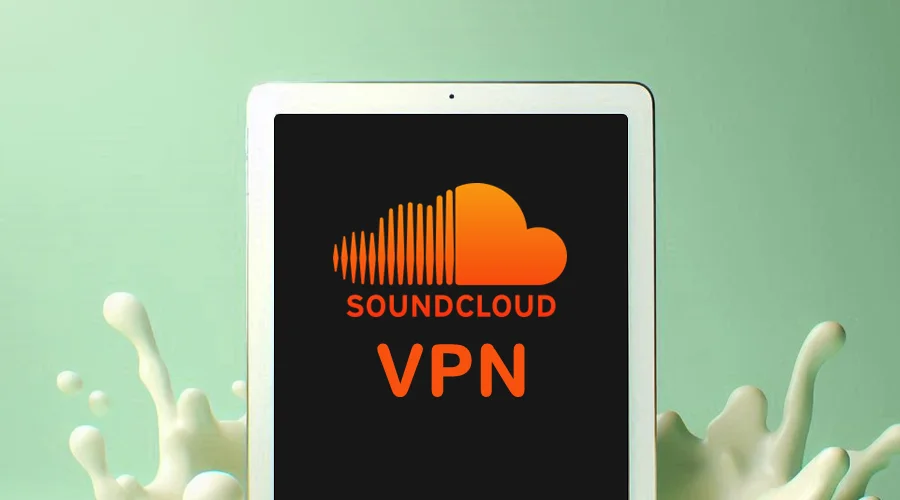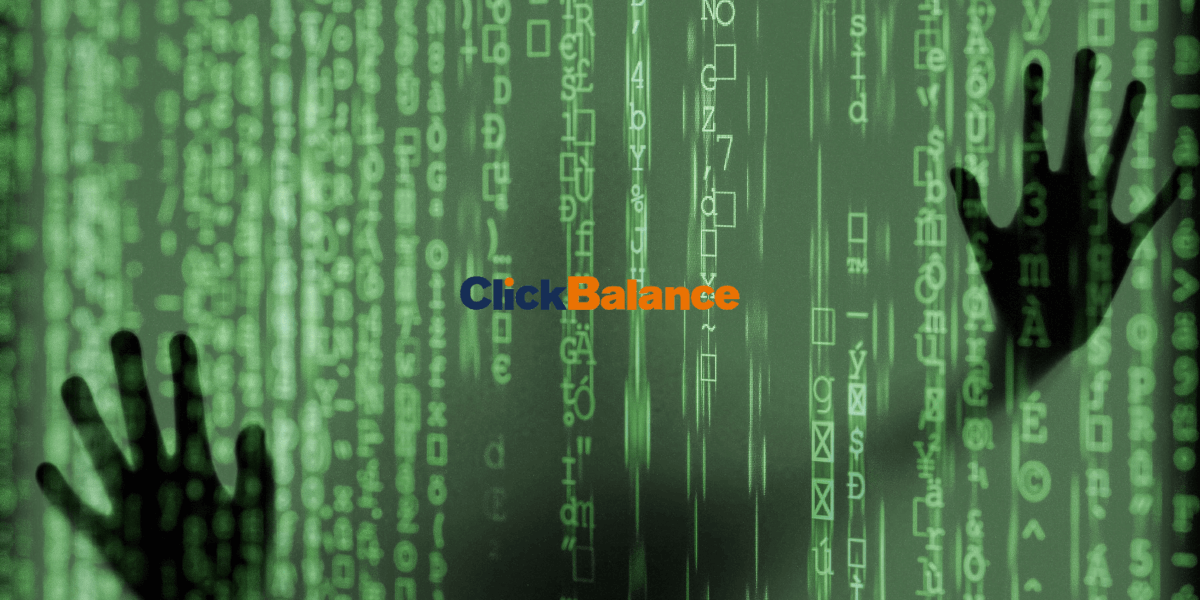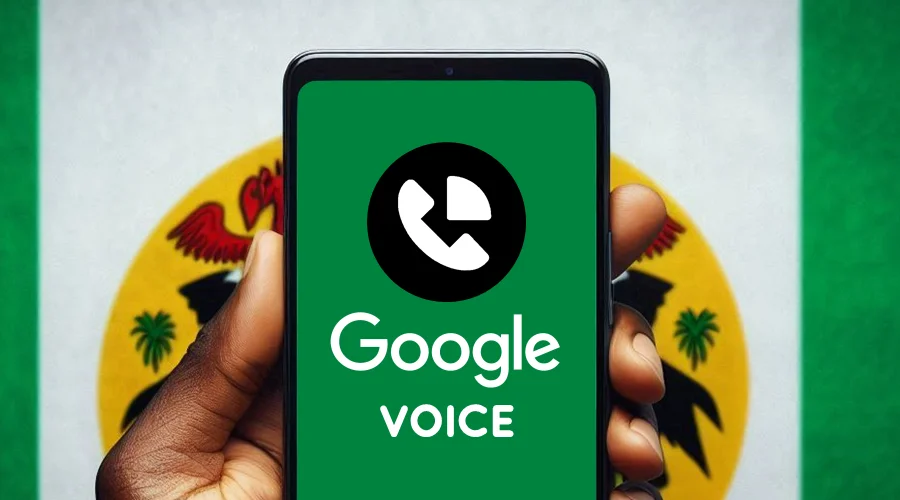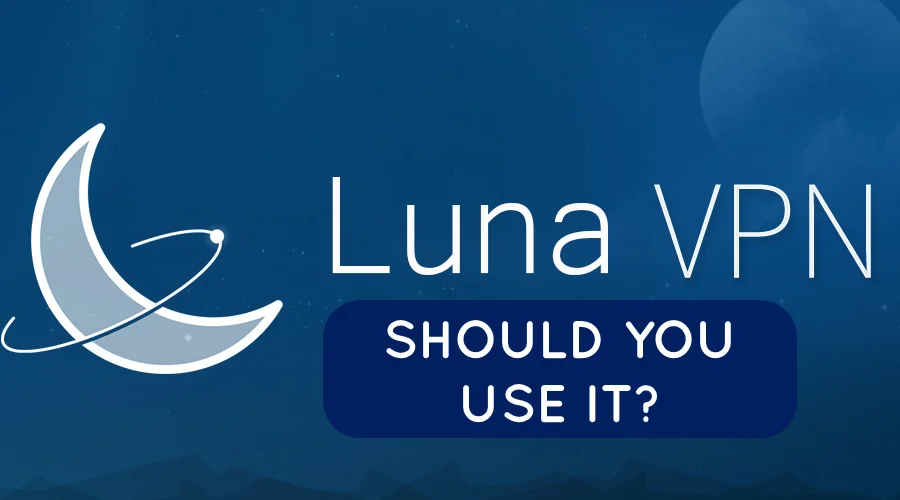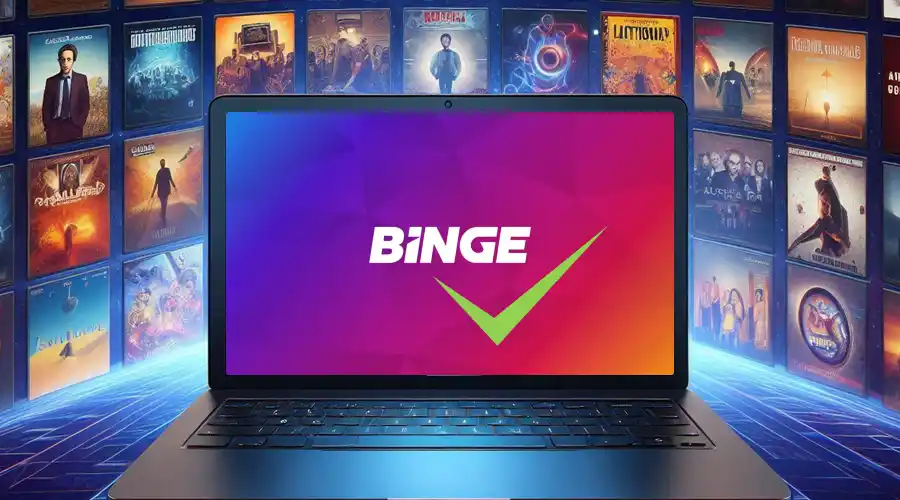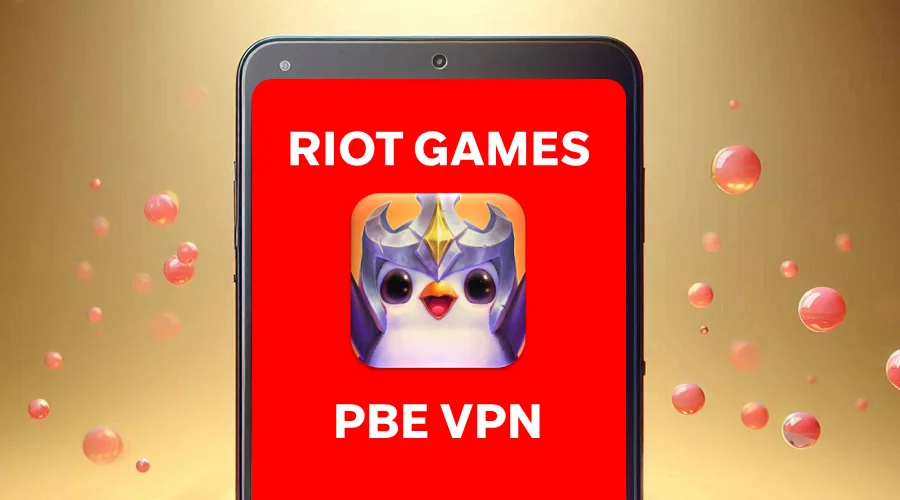Does VPN Encrypt Text Messages? [All You Need to Know]
8 min. read
Updated on
Read our disclosure page to find out how can you help VPNCentral sustain the editorial team Read more
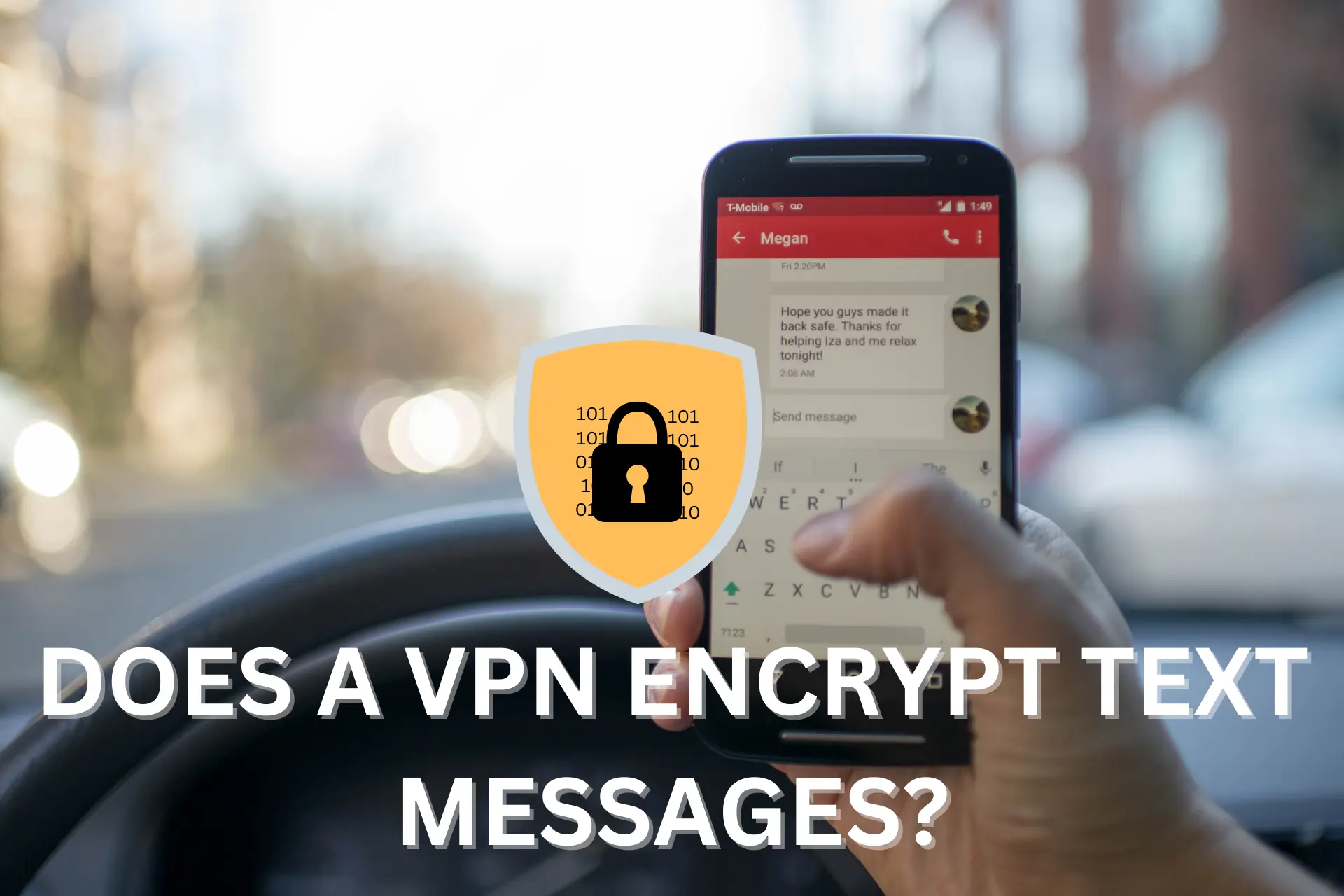
Do VPNs encrypt text messages? Short answer: yes, but only messages sent over the internet. Keep reading to understand which messages use the internet and which use the phone provider’s network.
We’re constantly texting, often on unsecured networks. To safeguard your data and minimize risks, follow the suggestions below.

Access content across the globe at the highest speed rate.
70% of our readers choose Private Internet Access
70% of our readers choose ExpressVPN

Browse the web from multiple devices with industry-standard security protocols.

Fasted dedicated servers for specific actions (currently at summer discounts)
✉️ Does VPN encrypt text messages?
Yes, VPNs encrypt text messages sent over the internet, like those on WhatsApp, Telegram, and Facebook Messenger. But they don’t encrypt standard SMS sent through mobile networks.
Standard text messages (SMS) aren’t encrypted by VPNs through your mobile network. SMS-type texts are sent over the phone network, which is separated from your Internet data plan/ WiFi.
VPNs may however affect multimedia messages (MMS) because they use cellular data.
They also do encrypt all texts that are sent through a messaging application that sends messages via the Internet.
A few examples of texting/messaging that use the Internet instead of mobile networks include WhatsApp, Telegram, Snapchat, and Facebook Messenger.
?️ So, how does VPN encryption work?
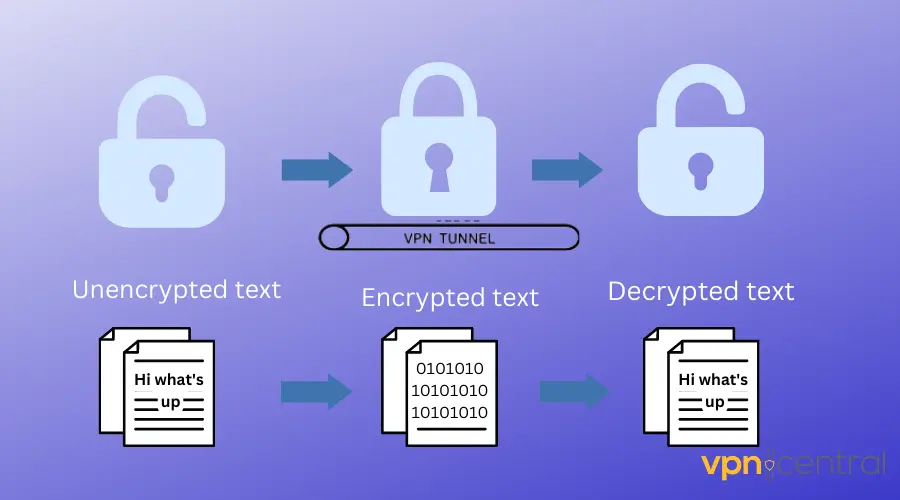
To put it simply, encryption transforms plain text into unreadable form.
Only someone who knows the encryption key can reverse the process and read the original message.
Modern VPNs use advanced encryption protocols like AES-256.
AES-256 works by dividing the plaintext into blocks and applying a series of mathematical operations to each block using a secret key.
The resulting ciphertext is virtually only possible to decipher with the correct key. It’s like a combination lock you can only open with the right code.
So, connecting to a VPN server allows you to encrypt text messages as they travel over the Internet.
? Types of VPN encryption
There are two common VPN encryption protocols: SSL/TLS and PPTP.
Let’s break them down.
? SSL/TLS encryption
SSL/TLS (Secure Sockets Layer/Transport Layer Security) is a popular VPN encryption protocol that provides a high level of security.
It uses symmetric and asymmetric encryption algorithms to secure data communication.
TLS has become increasingly popular among Internet providers and web browsers as it provides end-to-end encryption.
This ensures the protection of the data as it travels from your device to the Internet.
SSL/TLS is widely used in commercial and enterprise VPNs aka the VPN apps widely available online.
It is considered highly secure due to its ability to secure data transmission over public networks.
? PPTP encryption
PPTP (Point-to-Point Tunneling Protocol) is another VPN encryption protocol that’s a bit older than SSL/TLS.
It’s widely used and natively supported by most operating systems.
PPTP uses a single encryption protocol and is easy to set up.
While both SSL/TLS and PPTP are commonly used VPN encryption protocols, SSL/TLS is generally considered more secure due to its sophisticated encryption techniques.
PPTP, on the other hand, may be more suitable for personal use due to its ease of use and setup.
However, you should choose an encryption protocol based on the specific use case.
For data protection, SSL/TLS is the better option. At the same time, PPTP can be a good option if you want your VPN to work as a proxy and bypass mild regional restrictions.
VPNs keep your texts private when you use public WiFi
Public WiFi networks are often unsecured, and hackers can easily access them.
Consequently, text messages sent over public WiFi networks are particularly vulnerable to hacking and tracking — threatening your privacy and security.
By encrypting text messages with a VPN, you can significantly improve their privacy and security.
This is especially important for sensitive information such as passwords, financial operations, or other personal information transmitted over a public WiFi network.
In a nutshell, encryption ensures that only the intended recipient can read the message, providing a secure and private communication channel.
Are text messages encrypted by default with a VPN?
As long as your VPN is connected and your text via a messaging app that uses the Internet, then yes, your messages will be encrypted.
No need for further configuration.
However, for an extra layer of protection, it’s best you use a messaging app that has end-to-end encryption.
And there are lots of message apps that provide such a service. Examples are WhatsApp and Telegram.
End-to-end encryption means only the sender and recipient can read the content of the messages.
VPNs use a similar principle, but their encryption algorithms are typically way more secure.
That being said, it’s important to note that not all VPNs offer the same level of encryption and security.
Some VPNs may use weaker encryption protocols that are easier to crack, while others may have built-in security features like a kill switch or leak protection to ensure your data remains secure.
Also, all VPN services may not encrypt text messages by default because it requires additional infrastructure to support the encryption of text messages.
What’s a good VPN for secure texting?
Researching and choosing a reputable VPN provider that prioritizes your privacy and security is always a good idea.
If you already use a VPN, you can perform a DNS leak test or a WebRTC leak test to verify that a VPN encrypts incoming and outgoing messages.
These tests check whether your VPN reveals your real IP address or location.
If your VPN properly encrypts your traffic, these tests should show that your IP address and location are hidden.
Considering that, we recommend you try out a reputable VPN if you want to make sure none of your texting data is visible. Our top pick for that is NordVPN.

The VPN is fully mobile-friendly, with easy-to-set-up apps available for iOS and Android.
It uses strong encryption (AES-256) and secure VPN protocols (OpenVPN and IKEv2/IPSec) to protect user traffic.
Also, it offers additional features like double VPN, Onion over VPN, and CyberSec to enhance privacy and security.

NordVPN
Use NordVPN’s advanced encryption to add an unbreakable layer of protection over your texts!What are the downsides of using VPNs for text messaging
Using VPNs can impact your Internet speed.
The encryption process can slow down the transmission of messages. This is because VPNs add an extra step to the data transfer process, which can increase latency.
But not significantly. If it does, your VPN isn’t working properly.
Plus, VPNs may block text messages.
Some text messaging apps may not be compatible or block VPNs.
Also, your data carrier may detect the change of location based on your IP and prevent you from sending multimedia texts (MMS) if you don’t have a plan that supports that in a different region.
There are also restricted countries that only allow a few select VPN apps, and also some places that ban them altogether.
If you’re in one of those places, you’ll have a more difficult time in figuring out how to install your VPN in the first place (But it’s possible).
Also, some texting apps are only available in select regions. You should always pay attention to picking a VPN server in countries where they’re available.
Otherwise, apps like TextNow won’t work when you use a VPN.
Another thing you should note is that your VPN should have a 0 logs policy. Otherwise, they may log your traffic data. Or it can get exposed if the VPN service gets hacked.
This is a particular concern when using free or untrustworthy VPN services.
Does VPN Protect Chat History?
Yes, VPNs safeguard your chat history by encrypting it, ensuring it remains secure from potential threats while you communicate online.
Does VPN Block Text Messages?
No, a VPN doesn’t block text messages. Instead, they enhance security by encrypting internet-based messages. It oesn’t interfere with SMS sent through cellular networks.
Does VPN Affect Text Messages?
VPNs provide an extra layer of security by encrypting internet-based text messages. However, they don’t affect standard SMS messages sent over mobile networks.
Are SMS Messages Encrypted?
No, standard SMS messages are not encrypted. They can potentially be intercepted by mobile carriers or third parties.
How to Encrypt Text Messages?
To ensure your messages are encrypted, use online texting apps like Signal or WhatsApp. These apps automatically encrypt your messages, keeping your conversations secure from prying eyes. Additionally, using a VPN adds another layer of protection to your online communications.
Summary
VPNs can encrypt text messages and provide added privacy and security for text messaging over a public WiFi network.
However, choosing a VPN service that specifically states that they encrypt text messages and offers the SSL/TLS encryption protocol is important.
Additionally, using VPNs for text messaging may have some downsides, such as potential impacts on speed and reliability and compatibility issues with text messaging apps.
To ensure the privacy and security of text messages it’s best to choose a reputable VPN service that encrypts text messages.

